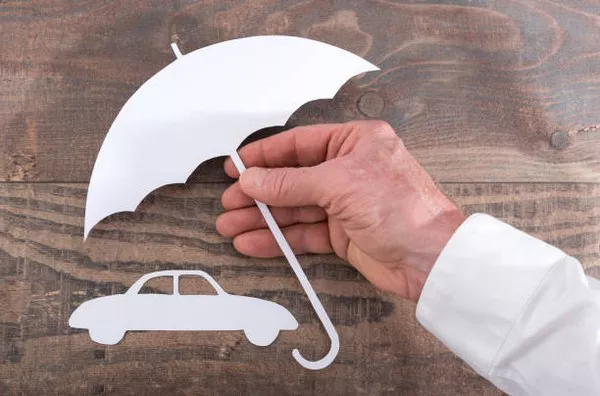Selling your car can be a complex process, with numerous tasks demanding your attention. One common query that arises during this transition is whether it’s possible to cancel your car insurance after selling your vehicle. This comprehensive guide will walk you through the intricacies of canceling car insurance, ensuring you navigate the process smoothly. Let’s delve into the various aspects surrounding this topic.
1. Understanding the Timely Notification Process
Providing your insurer with timely and accurate information is crucial when you’ve sold your car:
Prompt Notification: As soon as the sale is finalized, it’s imperative to notify your insurance provider promptly. This prevents unnecessary expenditures and ensures that your coverage aligns with your current situation.
Sale Details: When contacting your insurer, furnish comprehensive details about the sale, including the date, the buyer’s name, and any pertinent documentation. This transparent communication facilitates a seamless transition in your coverage.
2. Navigating the Proration Process for Premium Refunds
Car insurance premiums are typically prepaid, and understanding the proration process is vital for potential refunds:
Prorated Refunds: Insurers often offer prorated refunds, returning the unused portion of your premium. Familiarize yourself with the calculation method your insurer employs to maximize your refund.
Beware of Administrative Fees: Some insurers may charge administrative fees for mid-term cancellations. Be aware of these potential fees, as they can impact the amount of your refund.
3. State-Specific Considerations for Cancellation
Insurance regulations vary by state, and understanding your state’s requirements is crucial for compliance:
State Regulations: Each state may have specific regulations governing the cancellation of insurance after selling a vehicle. Investigate and adhere to these guidelines to avoid legal complications.
Submit Necessary Documentation: Some states mandate the submission of specific forms or documentation for official cancellation. Check with your insurer and state authorities to ensure you fulfill all necessary requirements.
4. Ensuring Coverage for the New Owner Transition
Coordinating with the new owner and maintaining coverage until they secure their insurance is a responsible practice:
Effective Communication: Communicate with the buyer to ensure a smooth transition of insurance coverage. Provide necessary details and documentation to facilitate the process on their end.
Temporary Coverage: If the new owner hasn’t secured insurance yet, consider maintaining coverage until they do. This helps protect both parties during the transition period.
5. Exploring Options for Continuous Coverage
If you plan to purchase another vehicle, exploring options for continuous coverage is advisable to avoid coverage gaps:
Consult with Your Insurer: Discuss your plans with your insurance provider to explore options for continuous coverage. They can guide you on the best course of action based on your specific circumstances.
Transfer of Coverage: Some insurers offer seamless options to transfer coverage to a new vehicle. Understanding these options can prevent lapses in your coverage.
6. Obtaining and Retaining Proof of Cancellation
Obtaining proof of cancellation is essential for your records and potential future disputes:
Documentation for Records: Keep a copy of the proof of cancellation for your records. This document serves as evidence that you are no longer covered and can be useful in case of any disputes.
Digital Backup: In today’s digital age, having a digital backup of your proof of cancellation adds an extra layer of security. Store it in a secure, easily accessible location.
In conclusion, canceling car insurance after selling your car involves a series of well-defined steps and considerations. By understanding the timely notification process, navigating proration for premium refunds, considering state-specific requirements, ensuring coverage during the new owner transition, exploring options for continuous coverage, and obtaining proof of cancellation, you can seamlessly navigate this aspect of selling your vehicle. Remember, staying informed and proactive ensures a hassle-free process and helps you avoid unnecessary expenses.


